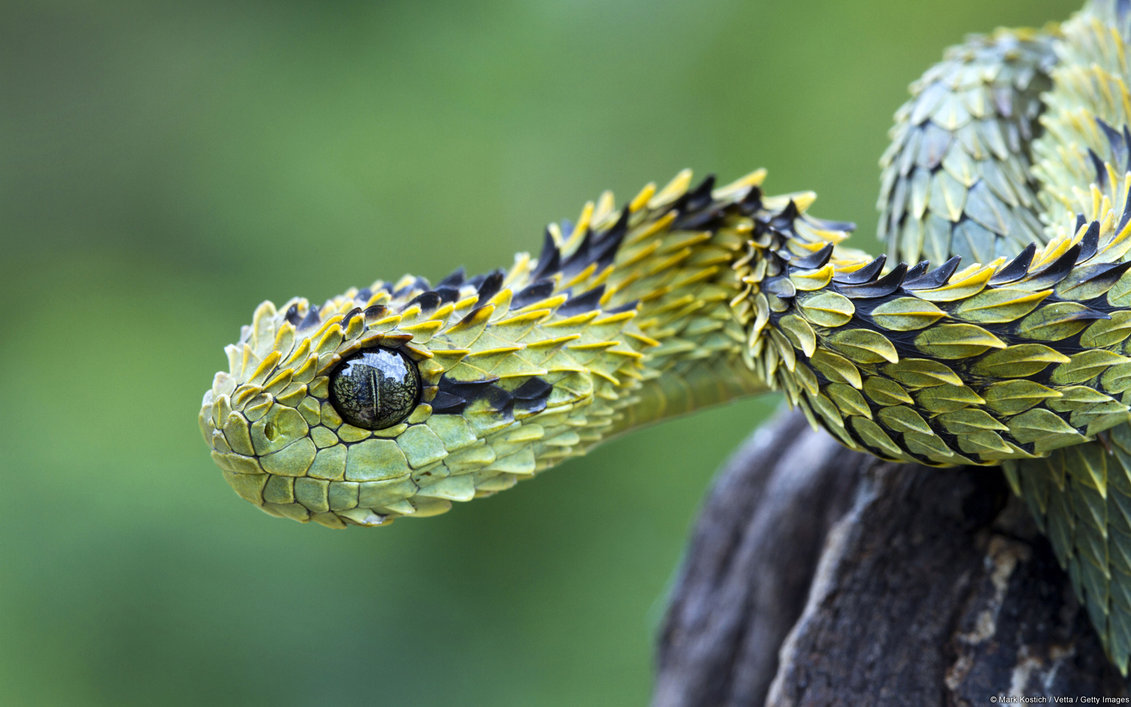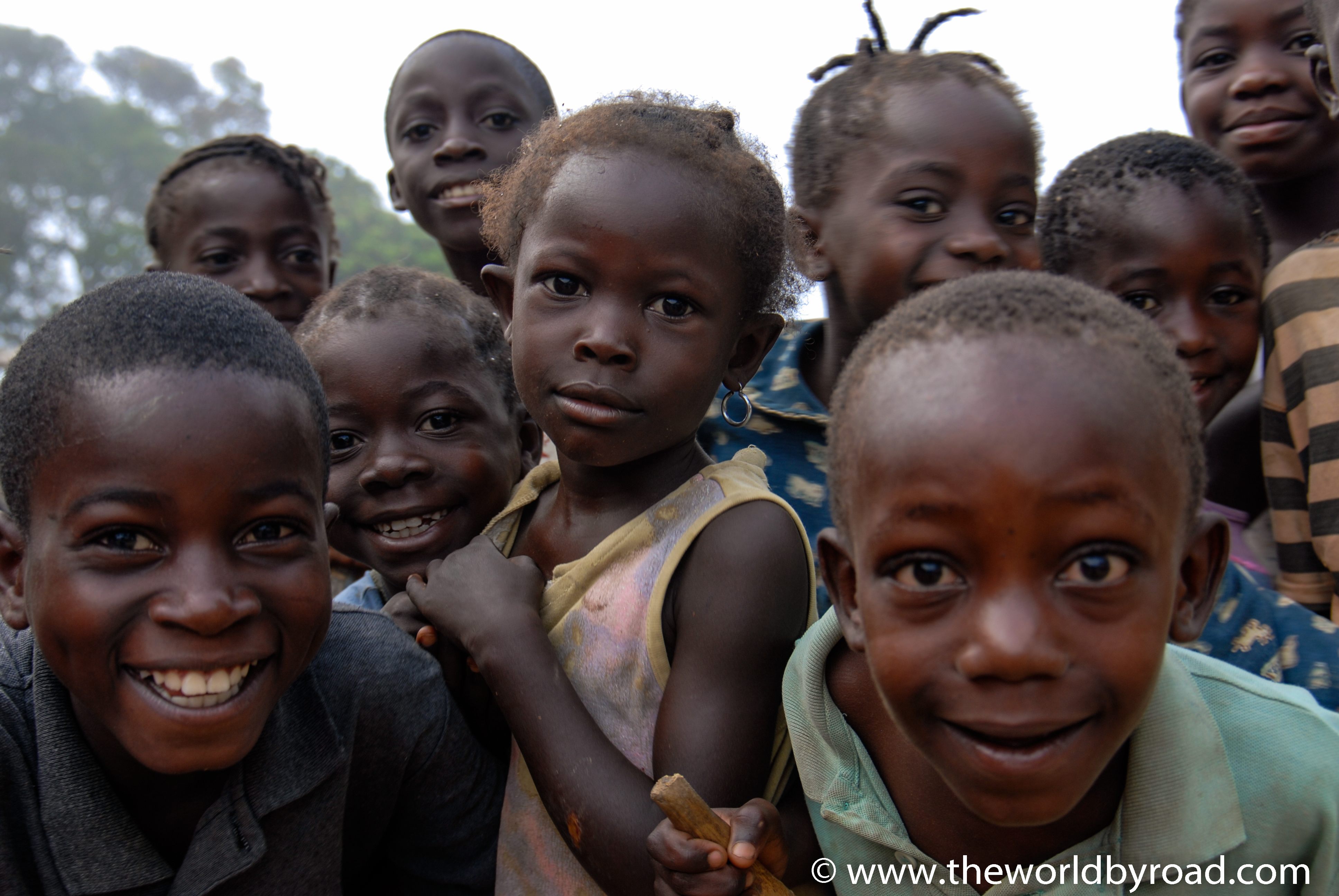To most people, when someone mentions the word Tuareg, they probably start thinking about the Volkswagen SUV, but what most people don’t realize is that the Tuareg are an ethnic group that has called the Sahara Desert home for centuries, although considering their nomadic background, home might not be the most appropriate descriptor. The Tuareg have recently been making some headlines, although you might have to dig a little to find those headlines.
Last week, a military coup in Mali shocked the African continent and led to international condemnation. A group of mutinous soldiers led by Captain Amadou Sanogo ousted President Toure, who was due to step down next month after two terms in office anyway, and established the National Committee for the Recovery of Democracy who’s true aims are still to be determined. According to the group though, the motivating factor for the coup was the government’s poor commitment to support and financing for the Mali military who have been tasked with combating a growing Tuareg rebellion in northern Mali. So who are the Tuareg?
The Tuareg (also Tuoareg) subside in one of the most inhospitable regions on the planet through nomadic pastoralism. Known as the masters of the desert, the Tuareg are of Berber origin and are one of the only groups of African people to have their own written alphabet. Characterized by their blue and indigo dyed veils, dye that eventually wears off on their skin, the Tuareg nomads have also been referred to as “the blue men.” Modern times have not been kind to the Tuareg, who are thought to number between 1 and 1.5 million, and pressure from the governments of several countries who have historically viewed the Tuareg as economically and socially backward, have left them impoverished and marginalized. In these modern times, many believe subsistence pastoralism and nomadism are obstacles to national development, especially in the Azawad, a 2 million square mile desert region where the Tuareg roam that is thought to be rich in oil and mineral deposits.
Tuareg Territory Map from Twareg.com
It seems ironic that nomadic people without a “home” would pick up arms to defend what they believe is the illegal occupation of their territory by Mali and Niger, but they have. A small band of Tuareg rebels, numbering around 600, have been fighting under the name of the Azawad National Liberation Movement for more than 50 years. You’d think the national armies of two countries would be able to contend with 600 men on camels, but the rebellion has continued and has recently intensified thanks in part to the fall of Gaddafi in Libya. An influx of weapons and battle hardened Tuareg from Libya has escalated the hit and run tactics of the rebellion into more traditional armed conflict. The rebellion has been advancing and claiming territory, ultimately leading to last week’s coup according to the disgruntled soldiers in Mali.
Given their nomadic nature, the Tuareg are tough to spot, and the rebels even harder given they are being hunted by several armies. Some have also linked the Tuareg rebels to the al-Qaeda in the Islamic Maghreb (AQIM), but the Tuareg officially deny any relationship with the 300 or so AQIM members terrorizing Mauritania, Algeria, Mali and Niger.
Rebel or not, good or bad, it’s important to note that Tuareg refers to a large group of people and the recent headlines reminded me of their mysterious lifestyle and knack for popping out of nowhere in the middle of the desert as we passed through the area driving around the world a few years ago. While some believe the Tuareg lifestyle is outdated and obsolete, the fact such a lifestyle still exists in 2012 is fascinating in and of itself. Hopefully, a peaceful solution will be reached and the camel trains will continue to trickle into places like Timbuktu in the middle of the night so the Tuareg can trade their wares for the few things they can’t find or produce for themselves in the heart of the desert.
Image: biyokulule.com












Thank you so much for writing this…the world generally doesn’t know or understand the issues in Mali…thank you for caring to bring the beauty and courage and heart of the Tuareg to clarity!